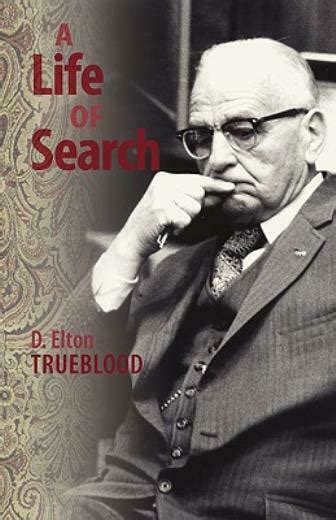A Quote by Anne Morrow Lindbergh
I want first of all - in fact, as an end to these other desires - to be at peace with myself. I want a singleness of eye, a purity of intention, a central core to my life that will enable me to carry out these obligations and activities as well as I can. I want, in fact - to borrow from the language of the saints - to live 'in grace' as much of the time as possible. I am not using this term in a strictly theological sense. By grace I mean an inner harmony, essentially spiritual, which can be translated into outward harmony.
Quote Topics
Activities
Am
Borrow
Carry
Central
Core
Desires
Enable
End
Essentially
Eye
Fact
First
First Of All
Grace
Harmony
In Fact
Inner
Intention
Language
Life
Live
Me
Mean
Much
My Life
Myself
Obligations
Other
Out
Outward
Peace
Possible
Purity
Purity Of Intention
Saints
Sense
Singleness
Spiritual
Strictly
Term
Theological
Time
Translated
Using
Want
Well
Which
Will
Related Quotes
The simplification of life is one of the steps to inner peace. A persistent simplification will create an inner and outer well-being that places harmony in one's life. For me this began with a discovery of the meaninglessness of possessions beyond my actual and immediate needs. As soon as I had brought myself down to need level, I began to feel a wonderful harmony in my life between inner and outer well-being, between spiritual and material well-being.
When the rhythms of our body-mind are in synch with nature's rhythms, when we are living in harmony with life, we are living in the state of grace. To live in grace is to experience that state of consciousness where things flow effortlessly and our desires are easily fulfilled. Grace is magical, synchronistic, coincidental, joyful. It's that good-luck factor. But to live in grace we have to allow nature's intelligence to flow through us without interfering.
I want to be the best that I can be. I want to do and have and live in a way that is in harmony with my idea of the greatest goodness. I want to harmonize physically here in this body with that which I believe to be the best, or the good way, of life. If you will make those statements, and then do not take action unless you feel good, you will always be moving upon the path in harmony with your idea of that which is good.
It is grace at the beginning, and grace at the end. So that when you and I come to lie upon our death beds, the one thing that should comfort and help and strengthen us there is the thing that helped us in the beginning. Not what we have been, not what we have done, but the Grace of God in Jesus Christ our Lord. The Christian life starts with grace, it must continue with grace, it ends with grace. Grace wondrous grace. By the grace of God I am what I am. Yet not I, but the Grace of God which was with me.
Christ says, 'Give me all. I don't want so much of your time and so much of your money and so much of your work: I want you....Hand over the whole natural self, all the desires which you think innocent as well as the ones you think wicked- the whole outfit. I will give you a new self instead. In fact, I will give you myself: my own will shall become yours.
The state of grace is nothing other than purity, and it gives heaven to those who clothe themselves in it. Holiness, therefore, is simply the state of grace purified, illuminated, beautified by the most perfect purity, exempt not only from mortal sin but also from the smallest faults; purity will make saints of you! Everything lies in this!
There is great freedom in simplicity of living, and after I began to feel this, I found harmony in my life between inner and outer well-being. There is a great deal to be said about such harmony, not only for an individual life but also for the life of a society. It's because as a world we have gotten ourselves so far out of harmony, so way off on the material side, that when we discover something like nuclear energy we are still capable of putting it into a bomb and using it to kill people! This is because our inner well-being lags so far behind our outer well-being.
Perhaps the most difficult task for us to perform is to rely on God’s grace and God’s grace alone for our celebration. It is difficult for our pride to rest on grace. Grace is for other people—for beggars. We don’t want to live by a heavenly welfare system. We want to earn our own way and atone for our own sins. We like to think that we will go to heaven because we deserve to be there.
No one else can want for me. No one can substitute his act of will for mine. It does sometimes happen that someone very much wants me to want what he wants. This is the moment when the impassable frontier between him and me, which is drawn by free will, becomes most obvious. I may not want that which he wants me to want - and in this precisely I am incommunicabilis. I am, and I must be, independent in my actions. All human relationships are posited on this fact.
I own that I am disposed to say grace upon twenty other occasions in the course of the day besides my dinner. I want a form for setting out upon a pleasant walk, for a moonlight ramble, for a friendly meeting, or a solved problem. Why have we none for books, these spiritual repasts-a grace before Milton-a grace before Shakespeare-a devotional exercise proper to be said before reading The Fairie Queene?

































